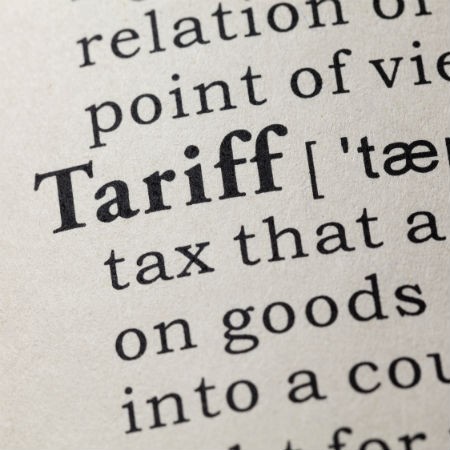 On September 7, 2016, President Obama signed Executive Order 13706, which establishes sick leave for federal contractors. In short, this means that businesses who enter into a covered contract with the federal government must provide covered employees with up to seven days of sick leave each year, including paid leave for family care. Final rules were published on September 30 and will take effect on January 1, 2017.
On September 7, 2016, President Obama signed Executive Order 13706, which establishes sick leave for federal contractors. In short, this means that businesses who enter into a covered contract with the federal government must provide covered employees with up to seven days of sick leave each year, including paid leave for family care. Final rules were published on September 30 and will take effect on January 1, 2017.
Oftentimes, after an Executive Order is issued by the President, states—and in some cases local jurisdictions—pick up the lead and act on their own. In February 2014, the President signed Executive Order 13658, which raised the minimum wage to $10.10 for federal contractors. His action was followed by similar initiatives throughout the country.
Interestingly, the recent Executive Order addressing sick time comes after several states have enacted similar rulings either legislatively or by ballot initiative. In Massachusetts, the Earned Sick Time Law became effective on July 1, 2015. Connecticut, California, and Oregon have similar laws, and nine states allow sick time to be used to care for seriously ill family members.
A New Trend
Do the recent actions on sick leave indicate a trend that might be adopted in other states? Given that the four states that have embraced worker friendly initiatives are called “blue states,” it is likely others that are considered “left-of-center” politically would adopt similar legislation in the next few years. Potentially, if Hillary Clinton is elected president, more aggressive initiatives might take root on a federal level, especially given that the United States is well behind the rest of the world in paid sick time policies.
In a report published by the Center for Economic Policy and Research in 2009, the United States ranked last of 22 countries who had a high Human Development Index (HDI) as determined by the United Nations with respect to paid sick days for workers. With the lone exception of the U.S., each country mandates either employee-sponsored sick days, social insurance (government subsidized), or both.
What this means for the small business owner remains to be seen. But given recent rulings on a federal level and here in Massachusetts, it can be expected that more changes will likely follow.



